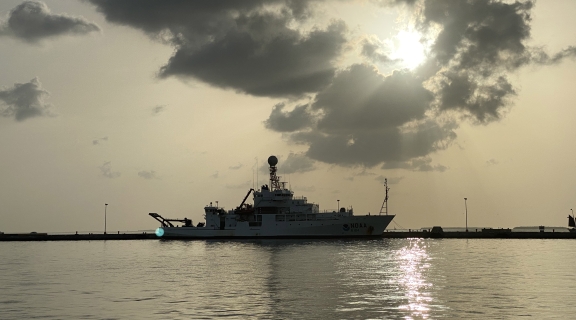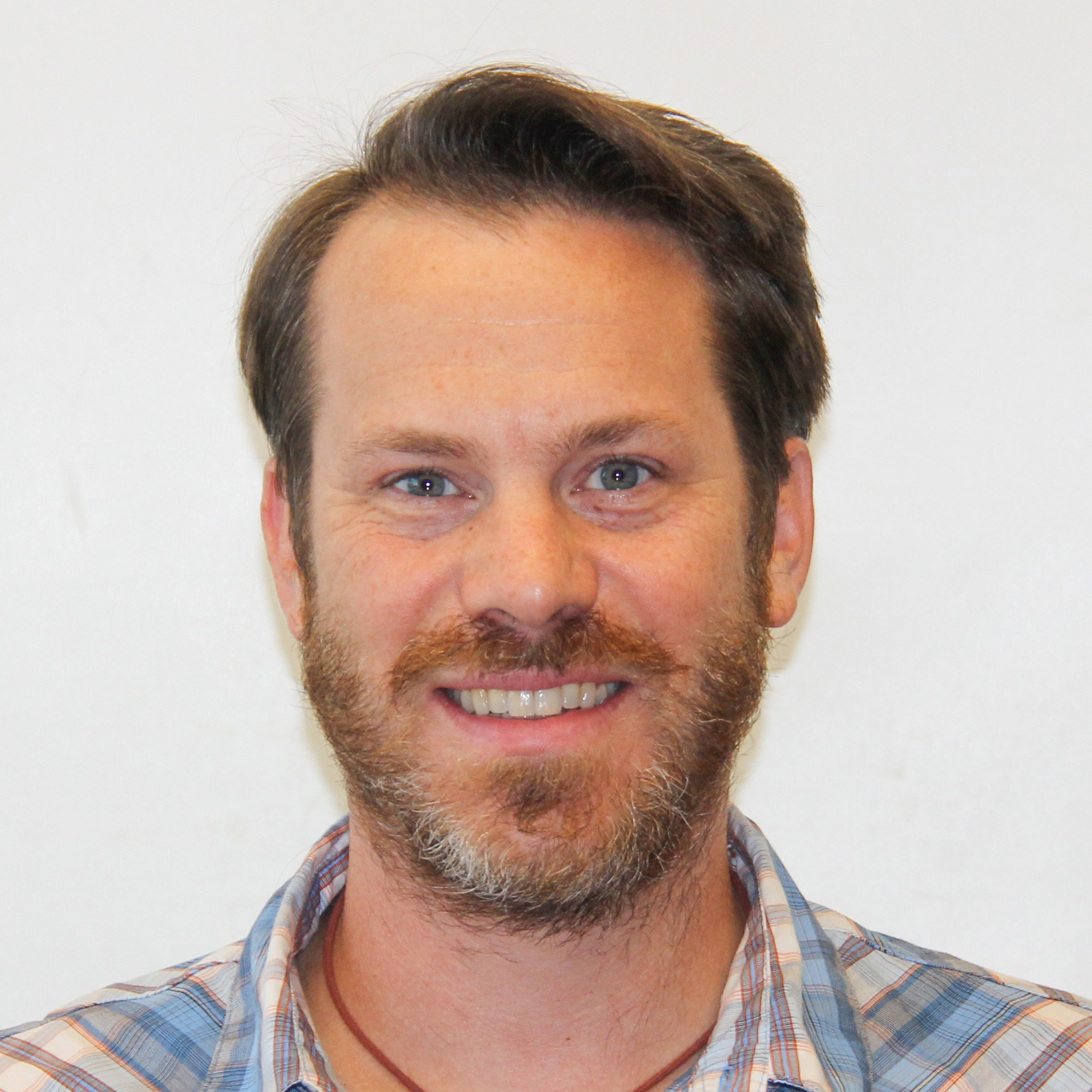
Rosenberg Institute Seminar Series - Luke Thompson
Overview
Luke Thompson, Northern Gulf Institute, Mississippi State University; Atlantic Oceanographic and Meteorological Laboratory, National Oceanic and Atmospheric Administration
Plankton community dynamics in the northern Gulf of Mexico
Abstract: NOAA’s Northern Gulf Institute (NGI) and Atlantic Oceanographic and Meteorological Laboratory (AOML) use 'omics and environmental DNA (eDNA) technologies to provide insights into marine biodiversity and ecosystem health. This talk will highlight regular eDNA-based monitoring efforts through three projects in the Gulf of Mexico: (1) the Gulf of Mexico Ecosystems and Carbon Cycle cruises to study carbonate chemistry and plankton biodiversity across the entire Gulf of Mexico basin, aiding in the understanding of species responses to ocean acidification and carbon cycling; (2) the South Florida Ecosystem Restoration cruises, part of the Marine Biodiversity Observation Network (MBON), monitoring water quality and ecosystem status in coastal waters off southwest Florida; and (3) a multi-year sediment trap in the northern Gulf of Mexico aimed at understanding plankton community dynamics and their role in the biological carbon pump. Together, these initiatives are providing comprehensive insights into marine ecosystems and supporting conservation and management strategies.
Bio: Luke Thompson is an associate research professor at Mississippi State University, based at NOAA's Atlantic Oceanographic and Meteorological Laboratory in Miami, Florida. Luke received his bachelor's degree at Stanford University and his PhD at MIT, both in biology. His current research focuses on marine systems, from microbes to fish to mammals, using 'omics methods, especially DNA sequencing. His lab is developing methods for high-throughput environmental DNA sample processing and data analysis, and applying them to monitoring and conservation efforts in the Atlantic Ocean, Gulf of Mexico, and the Great Lakes.
